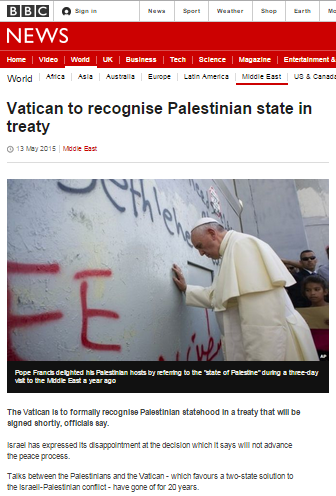1) At the INSS Oded Eran analyses the situation in Jordan.
“Recent developments in Jordan and its immediate neighborhood have raised questions about the stability of the regime in the kingdom, and with that, have aroused concern in Israel. The questions stem from the possible ramifications of the economic crisis in Jordan, especially among the tribal Bedouin population, which is the traditional support base of the monarchy, and from the response to the reforms that the king intends to implement in the parliamentary electoral system; from the direct challenges by various Jordanians toward the monarchy; and from the changes in Jordan’s regional policy, especially regarding Syria.”
2) At WINEP Hanin Ghaddar discusses recent events in Lebanon.
“When armed members of Hezbollah and its ally Amal squared off against unidentified gunmen in Beirut’s Tayouneh neighborhood last week, the fighting was neither accidental nor unprecedented. Yet it did mark a dangerous crossroads for Lebanon, especially now that Judge Tarek Bitar is spearheading a serious new phase in the investigation of the country’s 2020 port blast. The clashes also amplified sectarian tensions at a time when factions are trying to woo voters ahead of the March 2022 parliamentary election.”
3) Relatedly, at the JCPA Shimon Shapira reports on Hizballah’s efforts to contain the situation.
“The strategic goal of Hizbullah and Iran is to maintain internal stability and the continued control of Lebanon through the country’s legitimate institutions. In Iran’s eyes, Hizbullah remains the greatest success of Iranian foreign policy in the Middle East, and it is determined to protect and preserve it. In this framework, Hizbullah and Iran will also not allow Judge Tarek Bitar, who is investigating the Beirut Port explosion, to damage Hizbullah’s standing and blame it for the misdeeds that led to the disaster. Therefore, they are insisting on the judge’s dismissal. At the same time, Hizbullah is demanding the prosecution of those who killed Shiite civilians on October 14.”
4) Writing at ‘The Hill’, Simon Henderson looks at the advancement of Iran’s nuclear programme.
“On Oct. 10, Mohammad Eslami, the newly-appointed head of the Atomic Energy Organization of Iran, announced that his country had produced more than 120 kg of 20 percent-enriched uranium. This is a dramatic increase from the 84 kg reported a month earlier by the nuclear watchdog, the Vienna-based International Atomic Energy Agency (IAEA), and the IAEA’s figure of around 63 kg three months earlier. […]
Lost in the reporting was the simple, although esoteric, detail that such a level of production is getting tantalizingly close to the magic figure of 200 kg. This is the amount of 20 percent-enriched uranium that, in the archaic code of nuclear weapons, when further enriched to 90 percent is one “significant quantity.” (An SQ is the amount needed to make one atomic bomb.)”




